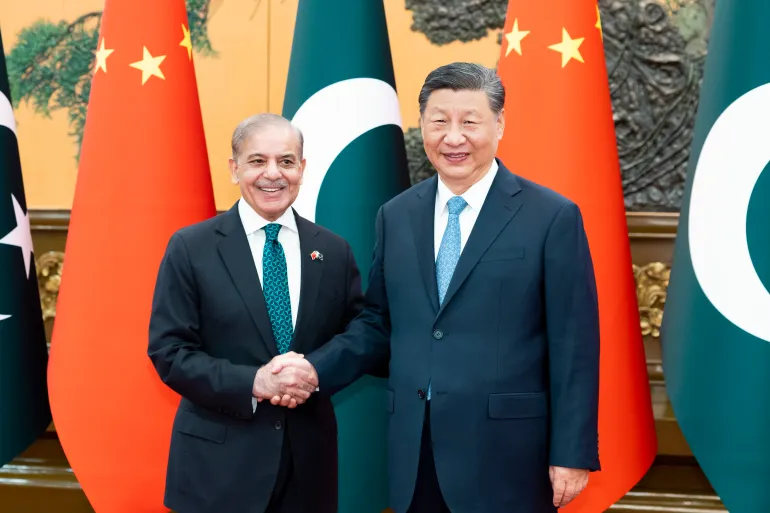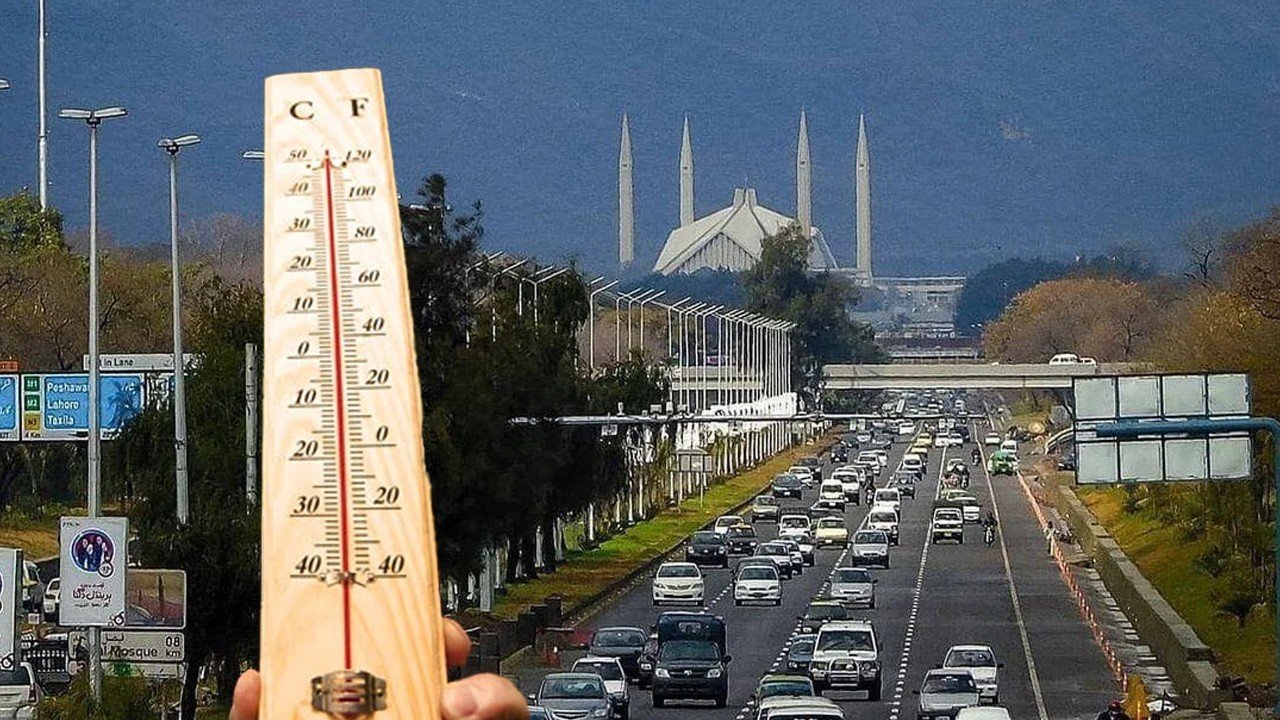Beijing, September 1, 2025 – Pakistan and China advanced their economic partnership through high-level financial meetings in Beijing. Finance Minister Senator Muhammad Aurangzeb met with Dr. Pan Gongsheng, Governor of the People’s Bank of China (PBOC), and Mr. Liao Lin, Chairman of the Industrial and Commercial Bank of China (ICBC). These discussions focused on banking, trade finance, investment, and capital markets, marking another step forward in Pakistan and China financial cooperation.
Meeting with the People’s Bank of China
During his meeting with Dr. Pan Gongsheng, Senator Aurangzeb expressed appreciation for China’s consistent political, diplomatic, and economic support. He briefed the PBOC Governor on Pakistan’s recent economic progress. In particular, he highlighted reforms, fiscal discipline, and improved credit ratings from agencies such as Moody’s, Fitch, and S&P.
The Finance Minister emphasized that the PBOC has played a critical role in helping Pakistan navigate multilateral engagements. He stressed the importance of financial integration, noting that deeper ties would improve market confidence and attract investment. As a result, both sides agreed to focus on trade financing, banking cooperation, and cross-border capital flows.
Expanding Collaboration with ICBC
In a separate session, Senator Aurangzeb met with Mr. Liao Lin of ICBC. He praised the bank’s strong presence in Pakistan and its role in development financing, commercial facilities, and refinancing. According to Aurangzeb, ICBC’s engagement shows how Pakistan and China financial cooperation has matured beyond short-term arrangements.
The two sides explored opportunities in trade finance, investment banking, and capital market linkages. In addition, the Finance Minister shared Pakistan’s plans for financial diversification. He underlined that connecting with Chinese onshore markets would open new investment channels and strengthen bilateral ties.
Pakistan’s Reform Agenda
Senator Aurangzeb outlined the government’s broader reform program. He explained that the agenda aims to deliver long-term economic stability and sustainable growth. Therefore, Pakistan is prioritizing structural reforms, fiscal responsibility, and institutional resilience.
The Finance Minister noted that attracting investment requires trust and transparency. For that reason, Pakistan is focusing on creating an enabling environment for businesses and building stronger financial structures. He argued that reforms will not only stabilize the economy but also ensure that cooperation with China produces tangible benefits.
Strategic Significance of the Partnership
The economic relationship between Pakistan and China extends well beyond financing. With CPEC entering its second phase, financial integration has become a key pillar of cooperation. Banking linkages, trade finance, and institutional investment will support new projects in energy, infrastructure, and logistics.
Moreover, closer Pakistan and China financial cooperation promises to enhance regional stability. China brings vast financial resources and technical expertise. Pakistan, on the other hand, offers strategic connectivity and growing market potential. Together, both nations can unlock opportunities across South Asia and beyond.
Shared Commitment to Growth
At the conclusion of his meetings, Senator Aurangzeb reaffirmed Pakistan’s forward-looking commitment. He said that financial cooperation will remain central to bilateral ties and serve as a foundation for broader economic engagement.
“Pakistan views these discussions as a roadmap for deeper partnership,” he remarked. “By expanding cooperation in banking, trade, and capital markets, we can deliver growth, resilience, and shared prosperity.”
Chinese officials echoed these views. They emphasized that joint efforts in finance and trade would not only strengthen bilateral ties but also contribute to regional development.
Conclusion
The high-level talks in Beijing underscored a new phase of Pakistan and China financial cooperation. By working closely with the PBOC and ICBC, Pakistan seeks to expand financing options, attract investment, and integrate more effectively with regional markets.
In the short term, these efforts will help meet immediate financing needs. In the long term, they will create sustainable frameworks for investment and growth. Ultimately, Beijing’s support and Islamabad’s reform agenda point toward a stronger, more resilient partnership that benefits both nations and the wider region.





